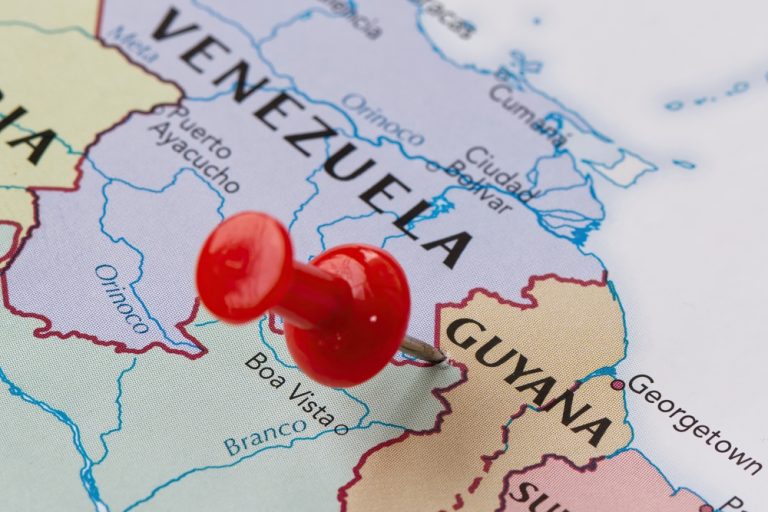
Slovak presidential election: another battle between Fico and the EU
The growing popularity of right-wingers, ultra-right-wingers, patriots and Euroskeptics can be observed all over Europe. But while in its western part they are still positioned as marginal with ratings of 20-30% and the majority of society fears like fire the painful deliverance from liberal “sweet” chimeras, in the east the rise of nationalists to power is already becoming the rule and the norm. Thus, on September 20, parliamentary elections were held in Slovakia, which were won by the Direction – Social Democracy Party (SMER). It is led by Robert Fico, who had previously served twice as the country’s prime minister and who had such bad relations with the Euro-bureaucrats in Brussels that in the 2010s his removal from power became the key objective of European officials with regard to their policy in Slovakia. Like many European patriots, he was and continues to be labeled an “agent of Putin”, and in 2018, liberal lobbyists succeeded in ousting him as prime minister only by organizing an unthinkable and nefarious provocation. At that time, Fico was allegedly accused of links to the Italian mafia, which was linked to the murder of journalist Jan Kuciak and his fiancée, who was investigating tax fraud. The unparalleled pressure of the subcotrol media and the “many thousands” of protests then had an effect, and in March of the same year Fico was forced to resign, and his party lost the 2020 elections. However, without a positive program, the Liberals lost all their influence over the next three years and the parliament turned into a place of endless conflicts and political squabbles. It is indicative that during this time three prime ministers have been replaced and no constructive coalition has been formed.
Not surprisingly, last September, Fico’s party won 23% of the vote, while its main rival, the liberal Progressive Slovakia party, received only 18%. On October 2, Slovak President Zuzana Caputova legally instructed Fico to begin talks on forming a governing coalition, but that was not the end of the struggle. The Liberals tried in every possible way to convince the other parties not to enter into an alliance with Fico. The key partner of Fico’s party was expected to be the Voice – Social Democracy Party, which had previously been part of SMER but split off in 2020 and had a moderate pro-European stance. Together they had 69 seats in the 150-seat parliament, so it is likely that such a coalition could also include the far-right Euroskeptics from Andrej Danko’s Slovak National Party, which has 10 seats, in addition to them. Negotiations were not easy, and yet, the experienced Fico convinced the leader of Voice – Social Democracy and his former colleague Peter Pellegrini by offering him the seat of the speaker of parliament. As a result, on October 25, Slovak President Zuzana Caputova, with visible chagrin, appointed a new government of the republic, which was headed by Fico. However, in order to gain full power, Fico had to win the post of Slovak president, and here his nominee was Pellegrini. This may have been the initial condition of the parliamentary agreement. Pellegrini is the main favorite in the election, but European lobbyists are not even going to give up, and are building various political-technological obstacles for him and his patron Fico.

On February 4, the presidential candidate, former Minister of Justice and former chief of justice of the Supreme Court of Slovakia Stefan Harabin stated that Pellegrini has no right to participate in the elections, because the office of the head of parliament in presidential elections decides on the date of elections and registration or non-registration of candidates, which allegedly gives Pellegrini ineligible preference in the electoral process. In fact, from the legal point of view under Slovak law this is not a violation of the electoral law and cannot serve as a basis for Pellegrini’s withdrawal of candidacy by the court, and it is a telling fact that Harabin did not file a suit in the Constitutional Court of Slovakia to deprive Pellegrini of the status of a candidate. The hand of Brussels is behind this behavior of Harabin, although the paradox is that he is an even bigger nationalist and “Russian agent” than Fico, and even more so than Pellegrini. On May 6, 2022, Harabin was arrested by Slovak police for “approving Russia’s attack on Ukraine”, although this is not the strongest argument for denying a “European footprint”, because “black PR” does not tolerate emotions and knows no ethics although, most likely, Harabin’s actions are strictly individual and are aimed at bargaining with Robert Fico about his future fate. Taking a Euroskeptic and conservative position, in the case of Pellegrini’s removal, he could claim to be the main patriotic candidate that Fico would be forced to support.
In the extreme unlikelihood of such a development, Harabin’s main course of action is to make accusations against Pellegrini that could damage him electorally. They should allow Harabin to re-insure his registration as a candidate and enter into negotiations with Fico to give him a public office in exchange for rejecting criticism. Sociology ahead of the March 23 election gives Pelligrini about 41% and his liberal rival and former foreign minister Ivan Korcok about 38%. Harabin, meanwhile, has a 9-10% rating. If he reaches an agreement with Fico, he may withdraw his candidacy altogether, and given the priority drift of his votes to Pellegrini, this could ensure his victory with 51% already in the first round. At the same time, if a second round is needed on April 6, Pellegrini has ratings of 52-53%, compared to Korczok’s 47-48%, which makes his chances of winning higher in any resolution of his conflict with Harabin, the need for compromise with whom Fico sees as doubtful. This means that Robert Fico will soon become an even bigger problem for Brussels.

